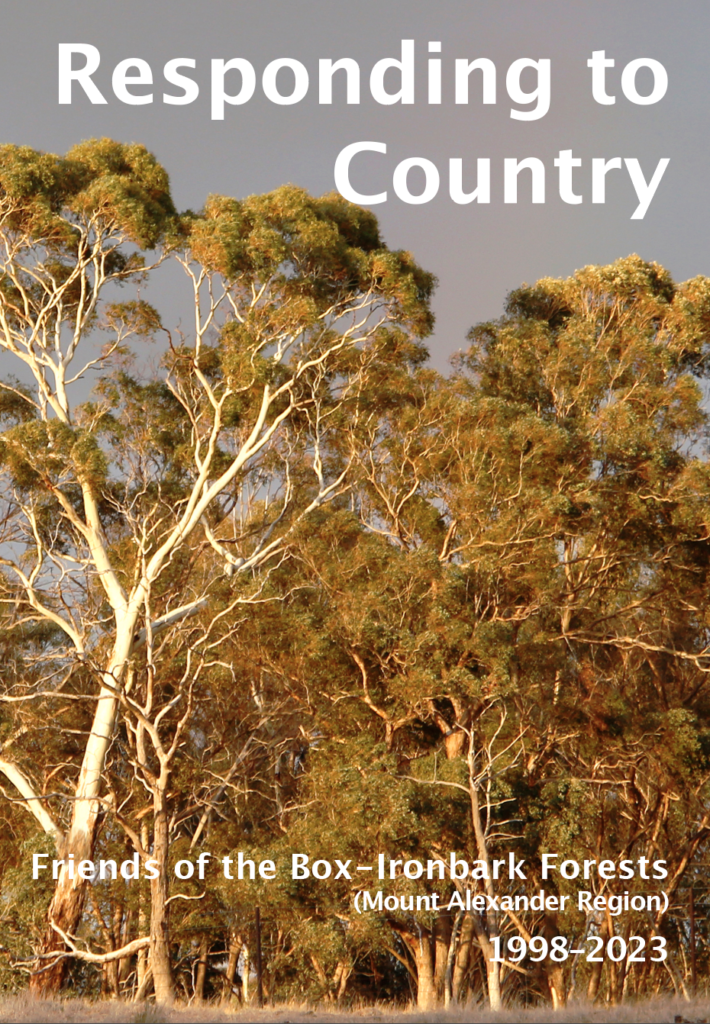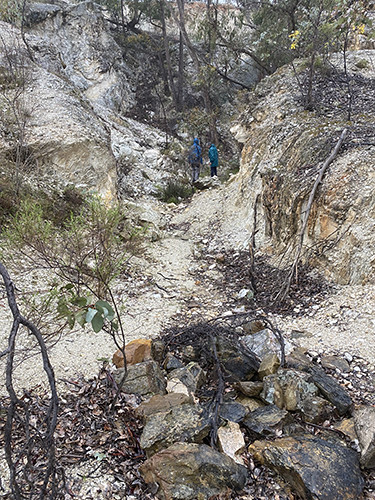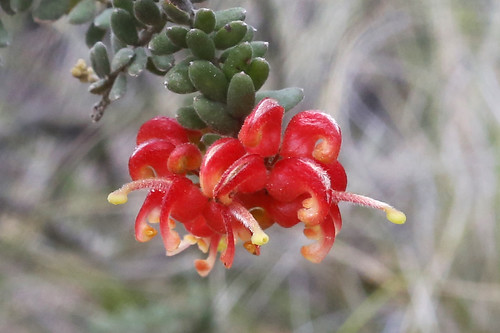What conclusions are to be drawn from the Loop Track fire? In the absence of careful and detailed pre and post burn monitoring, caution is needed. We’ve found it impossible to get from DELWP a considered opinion on the effectiveness of this burn, from the point of view of ecology and fire prevention.
One conclusion can be made with certainty, however: not all fuel reduction burns are the same. It is lazy thinking to declare that ‘there’s a fuel load, we need to burn the bush’. It’s important to bear this in mind because there are still persistent calls for more ‘preventative’ burning of our public bushlands. One such is in the recently released Parliamentary inquiry into fire season preparedness. This inquiry, after fielding a number of submissions on the subject of fuel management, opts for a risk reduction policy, but with a minimum 5% hectare target. Apparently the MPs on the committee couldn’t see the contradictions in this approach, although they’ve been pretty obvious for quite a while.
Apart from a lengthy consideration of the political dispute over the CFA and the United Firefighters Union, the Parliamentary enquiry largely rehashed opinions on various matters to do with fuel reduction, ecology, and public safety, and it’s depressing to see that no advance seems to have been made on these matters in recent years. The report is worth reading, however, for its discussion of indigenous burning practices.



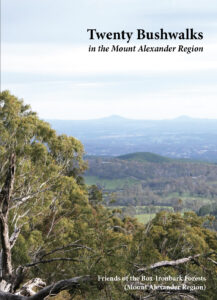
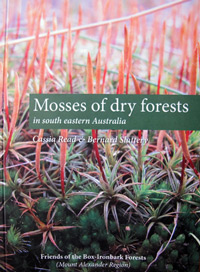 Click on image for info/order page
Click on image for info/order page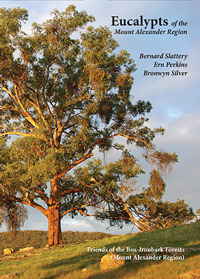 Click on image for info/order page
Click on image for info/order page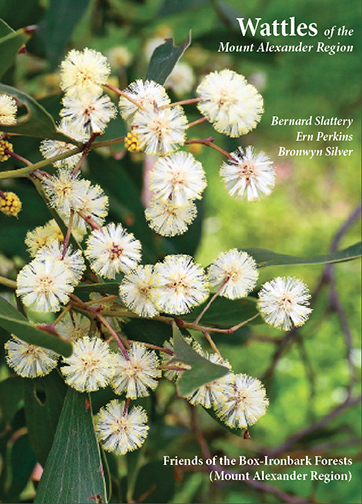 Click on image for info/order page
Click on image for info/order page
